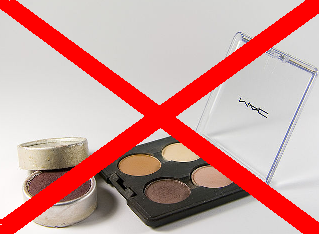Glenn Greenwald points to three extraordinary events this week that earn Barack Obama the title of Surveillance President. These events dovetail with the President's previous conduct aimed at furthering government secrecy at the expense of an informed citizenry. These events also need to be seen in the context of Obama's War on whistleblowers, as reported by Jane Mayer of The New Yorker. "[T]he Obama Administration has pursued leak prosecutions with a surprising relentlessness. . . . [I]t has been using the Espionage Act to press criminal charges in five alleged instances of national-security leaks—more such prosecutions than have occurred in all previous Administrations combined." But that is just the beginning. Here's one more excerpt from The New Yorker:
Jack Balkin, a liberal law professor at Yale, agrees that the increase in leak prosecutions is part of a larger transformation. “We are witnessing the bipartisan normalization and legitimization of a national-surveillance state,” he says. In his view, zealous leak prosecutions are consonant with other political shifts since 9/11: the emergence of a vast new security bureaucracy, in which at least two and a half million people hold confidential, secret, or top-secret clearances; huge expenditures on electronic monitoring, along with a reinterpretation of the law in order to sanction it; and corporate partnerships with the government that have transformed the counterterrorism industry into a powerful lobbying force. Obama, Balkin says, has “systematically adopted policies consistent with the second term of the Bush Administration.”
[caption id="attachment_18134" align="alignright" width="300" caption="Image by Kgtoh at Dreamstime (with permission)"]

[/caption]
But back to the three recent events:
1. Top congressional leaders agreed Thursday to a four-year extension of the Patriot Act;
2. The Obama administration is seeking to make it easier for the FBI to compel companies to turn over records of an individual's Internet activity without a court order if agents deem the information relevant to a terrorism or intelligence investigation; and
3. The nonprofit Electronic Frontier Foundation alleges in a lawsuit filed Thursday that the Justice Department's Office of Legal Counsel violated federal open-records laws by refusing to release its legal opinion that concludes that the FBI may obtain telephone records of international calls made from the U.S. without any formal legal process, a watchdog group asserts.
Welcome to the United States of Surveillance.


